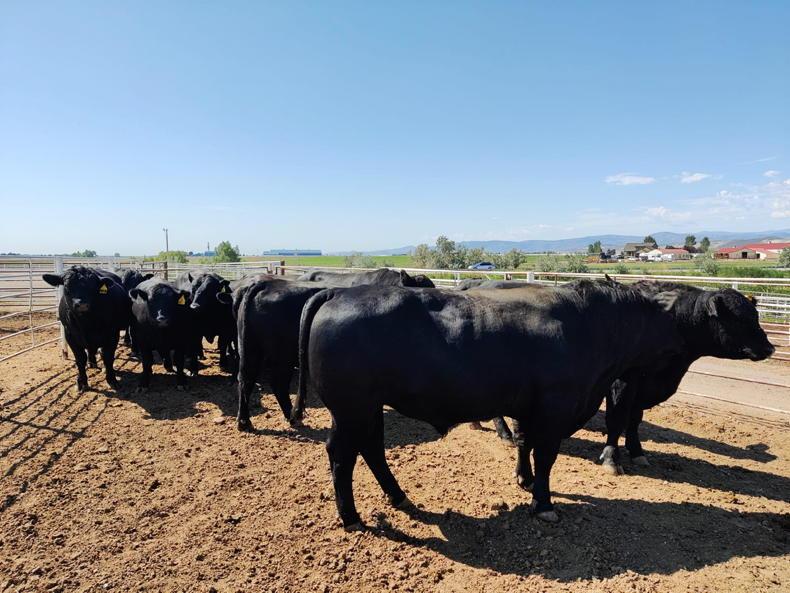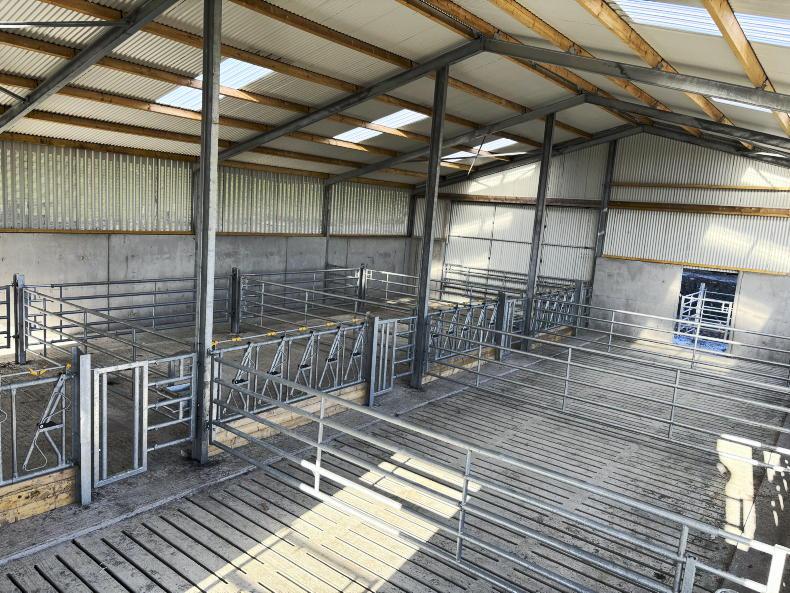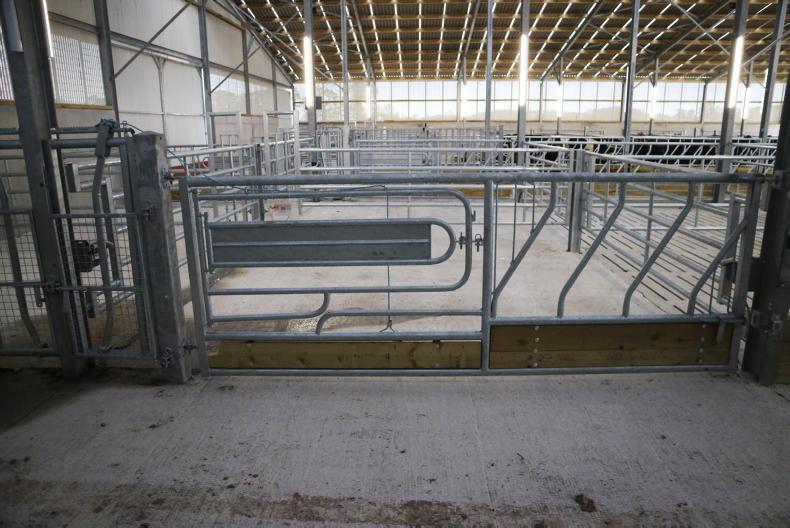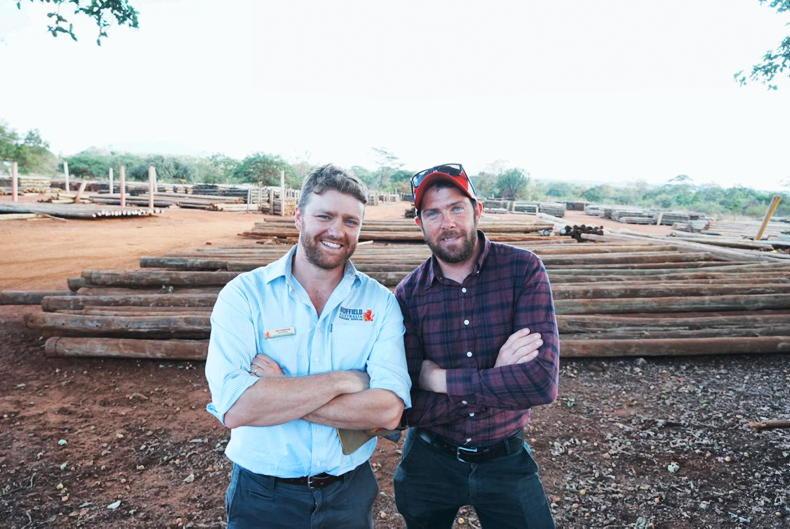Having started out in 2019 with a title that asked whether livestock can compete with alternative proteins, the subject area chosen by Nuffield scholar Gary Spence has broadened out to look at how beef can be produced efficiently and to high welfare standards.
“At the time, there were a lot of negative headlines about meat either destroying the planet or people’s health. It felt like beef farms were under threat. But the world has changed a lot since then, and many now see through the alternative meat market that it is ultra-processed and not necessarily healthier. They are not the threat they were,” explains Gary, who hails from a beef and arable farm outside Kilkeel in Co Down.
As part of his studies, Gary travelled to the US in 2022 where there was virtually no talk about a rise in veganism or plant-based foods.
“Their biggest challenge was not having enough beef to meet market demand,” he says. But he maintains that while much of the noise around plant-based diets seems to be confined to the UK, as an industry, we cannot be complacent and there are still plenty of so-called experts advocating for people to eat less meat – a flexitarian diet.

Gary Spence in the Rocky Mountain national park in the US.
As a result, he says his Nuffield study has evolved to look at how the industry can meet the expectations of consumers, especially around high animal welfare and eating quality of beef, as well as maximising efficiency of weight gain.
During his visit to California, Colorado and Nebraska in August and September 2022, he was struck by the clear focus on eating quality and feed conversion efficiency. Even though there were various breeds in use, they all had the same goal in mind and delivered a consistent product.
“Eating quality was driving demand for their product. It is something we can learn from – we do need to consider how we pay for beef in this part of the world,” he maintains.
Read more
US clamps down on plant-based milk mislabelling
Vegan ads aplenty in London’s Underground
Having started out in 2019 with a title that asked whether livestock can compete with alternative proteins, the subject area chosen by Nuffield scholar Gary Spence has broadened out to look at how beef can be produced efficiently and to high welfare standards.
“At the time, there were a lot of negative headlines about meat either destroying the planet or people’s health. It felt like beef farms were under threat. But the world has changed a lot since then, and many now see through the alternative meat market that it is ultra-processed and not necessarily healthier. They are not the threat they were,” explains Gary, who hails from a beef and arable farm outside Kilkeel in Co Down.
As part of his studies, Gary travelled to the US in 2022 where there was virtually no talk about a rise in veganism or plant-based foods.
“Their biggest challenge was not having enough beef to meet market demand,” he says. But he maintains that while much of the noise around plant-based diets seems to be confined to the UK, as an industry, we cannot be complacent and there are still plenty of so-called experts advocating for people to eat less meat – a flexitarian diet.

Gary Spence in the Rocky Mountain national park in the US.
As a result, he says his Nuffield study has evolved to look at how the industry can meet the expectations of consumers, especially around high animal welfare and eating quality of beef, as well as maximising efficiency of weight gain.
During his visit to California, Colorado and Nebraska in August and September 2022, he was struck by the clear focus on eating quality and feed conversion efficiency. Even though there were various breeds in use, they all had the same goal in mind and delivered a consistent product.
“Eating quality was driving demand for their product. It is something we can learn from – we do need to consider how we pay for beef in this part of the world,” he maintains.
Read more
US clamps down on plant-based milk mislabelling
Vegan ads aplenty in London’s Underground











SHARING OPTIONS